Mucuna Complex
Nutricia Biotech’s Mucuna Complex contains a blend of ingredients such as Mucuna, Vacha, Bacopa, Withania, Curcumin, and few more Brain Boosting herbs & Active Ingredients to support optimal physiological functioning of the brain. Mucuna Complex is good for Overall wellbeing.
- Reduced stress and anxiety:
- Protects against age-related cognitive decline
- Improved memory & Increased attention
- Neuroprotection.
₹530.00 – ₹950.00Price range: ₹530.00 through ₹950.00
Description
Nutricia Biotech’s Mucuna Complex contains a blend of ingredients such as Mucuna, Vacha, Bacopa, Withania, Curcumin, and few more Brain Boosting herbs & Active Ingredients to support optimal physiological functioning of the brain. Mucuna Complex is good for Overall wellbeing.
Mucuna Complex contains
Mucuna Pruriens, also known as velvet bean, is a medicinal plant that has been used for centuries in Ayurveda to treat a variety of conditions, including Parkinson’s disease, infertility, and nervous disorders. Mucuna seeds contain a high concentration of L-dopa, a precursor to the neurotransmitter dopamine.
Dopamine is a critical neurotransmitter involved in movement, coordination, mood, and motivation. People with Parkinson’s disease have low levels of dopamine in the brain, which is why Mucuna is often used to treat the condition. In addition to its anti-Parkinson’s effects, Mucuna has also been shown to have a number of other benefits for the brain, including:
- Neuroprotection: Mucuna contains antioxidants and other compounds that can help to protect the brain from damage. This may be beneficial for people with neurodegenerative disorders such as Alzheimer’s disease and Parkinson’s disease.
- Cognitive function: Mucuna has been shown to improve cognitive function in both healthy people and people with cognitive impairment. This may be due to its effects on dopamine and other neurotransmitters involved in learning and memory.
- Mood: Mucuna has been shown to improve mood and reduce symptoms of depression and anxiety. This may be due to its effects on dopamine and other neurotransmitters involved in mood regulation.
Withania somnifera (Ashwagandha), is an adaptogenic herb that has been used in traditional Ayurvedic medicine. Research suggests that Ashwagandha may improve cognitive function, memory, and attention. It may also help to reduce stress and anxiety, which can have a positive impact on brain health. Here are some of the ways that Ashwagandha may benefit the brain:
- Improves cognitive function: Ashwagandha has been shown to improve cognitive function in healthy adults, as well as in people with cognitive impairment. For example, one study found that Ashwagandha supplementation improved performance on cognitive tasks such as memory, attention, and reaction time in healthy adults. Another study found that Ashwagandha supplementation improved cognitive function in people with mild cognitive impairment.
- Reduces stress and anxiety: Ashwagandha is an adaptogenic herb, which means that it helps the body to cope with stress. Stress can have a negative impact on cognitive function, so reducing stress may lead to improved brain health. Research has shown that Ashwagandha is effective in reducing stress and anxiety. For example, one study found that Ashwagandha supplementation reduced stress and anxiety levels in people with chronic stress.
- Protects against neurodegenerative diseases: Ashwagandha has neuroprotective properties, which means that it may help to protect the brain from damage. For example, research has shown that Ashwagandha can protect against Alzheimer’s disease and Parkinson’s disease.
Bacopa monnieri, also known as Brahmi, is a plant that has been used for centuries in traditional Ayurvedic medicine to improve memory and cognitive function. It is considered a nootropic, which is a substance that can enhance cognitive function. Some of the specific brain benefits of bacopa include:
- Improved memory: Bacopa has been shown to improve verbal learning, delayed word recall, and memory acquisition.
- Increased attention: Bacopa can help to improve focus and concentration.
- Reduced stress and anxiety: Bacopa has adaptogenic properties, which means that it can help the body to adapt to stress. It has also been shown to reduce levels of the stress hormone cortisol.
- Neuroprotection: Bacopa may help to protect the brain from damage caused by free radicals and other toxins.
Acorus calamus (Vacha) contains a number of active compounds, including asarones, beta-asarone, and alpha-asarone. These compounds have been shown to have a number of effects on the brain, including:
- Improved memory and cognitive function. Studies have shown that Acorus calamus can improve memory and cognitive function in both healthy people and people with memory impairments. This is thought to be due to the plant’s ability to increase levels of acetylcholine, a neurotransmitter that is important for memory and learning.
- Acorus calamus has been shown to protect the brain from damage caused by oxidative stress, inflammation, and ischemia (lack of blood flow). This is thought to be due to the plant’s antioxidant and anti-inflammatory properties.
- Reduced anxiety and stress. Acorus calamus has been shown to reduce anxiety and stress levels in animals and humans. This is thought to be due to the plant’s ability to interact with the GABA receptor system, which is involved in regulating mood and anxiety.
Curcumin is a natural compound found in turmeric, a spice commonly used in Indian cuisine. It has been shown to have a number of health benefits, including anti-inflammatory, antioxidant, and anticancer properties. Curcumin may also help to improve memory and cognitive function, and may even protect against age-related cognitive decline.
Here are some of the specific ways in which curcumin may benefit the brain:
- Reduces inflammation: Inflammation is thought to play a key role in the development and progression of many neurological disorders, including Alzheimer’s, Parkinson’s, and multiple sclerosis. Curcumin has powerful anti-inflammatory properties, and has been shown to reduce inflammation in the brain in both animal and human studies.
- Boosts brain-derived neurotrophic factor (BDNF): BDNF is a protein that plays an important role in the growth and survival of neurons. Curcumin has been shown to increase levels of BDNF in the brain, which may help to protect against neurodegeneration and improve cognitive function.
- Improves memory and cognitive function: Curcumin has been shown to improve memory and cognitive function in both animal and human studies. For example, one study found that curcumin improved short-term memory and attention in healthy adults. Another study found that curcumin improved cognitive function in people with Alzheimer’s disease.
- Protects against age-related cognitive decline: As we age, our brains naturally decline. However, curcumin may help to protect against age-related cognitive decline. For example, one study found that curcumin improved memory and cognitive function in older adults with mild cognitive impairment.
How to Use?
Take Mucuna Complex 1 -2 capsule every day after the first meal or as prescribed by a physician
Eat healthily, exercise regularly, and drink lots of water.
Disclaimer
These statements have not been evaluated by the Food and Drug Administration. This product is not intended to diagnose, treat, cure, or prevent any disease.
As per FSSAI policy and guideline products are not recommended for people who are pregnant, nursing, have a medical condition, or taking medications.
Dietary supplements are regulated by the FDA as food, not as drugs. However, many dietary supplements contain ingredients that have strong biological effects which may conflict with a medicine you are taking or a medical condition you may have, so please consult your doctor or medical expert before using it.
Additional information
| Weight | 0.05 kg |
|---|---|
| Bottle contains |
You must be logged in to post a review.
Related products
-
-
+ compare
Cissus Complex
₹750.00 – ₹1,400.00Price range: ₹750.00 through ₹1,400.00Select optionsRated 5.00 out of 51 -
-
-

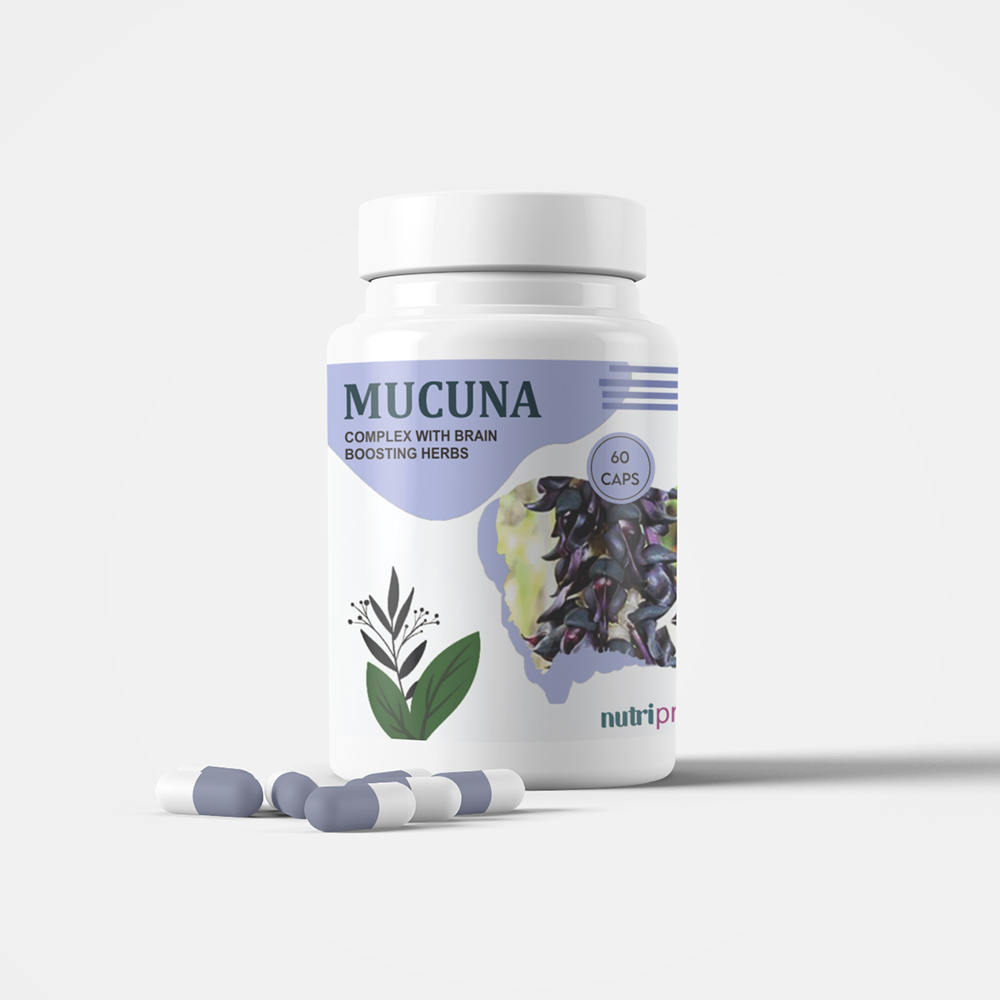
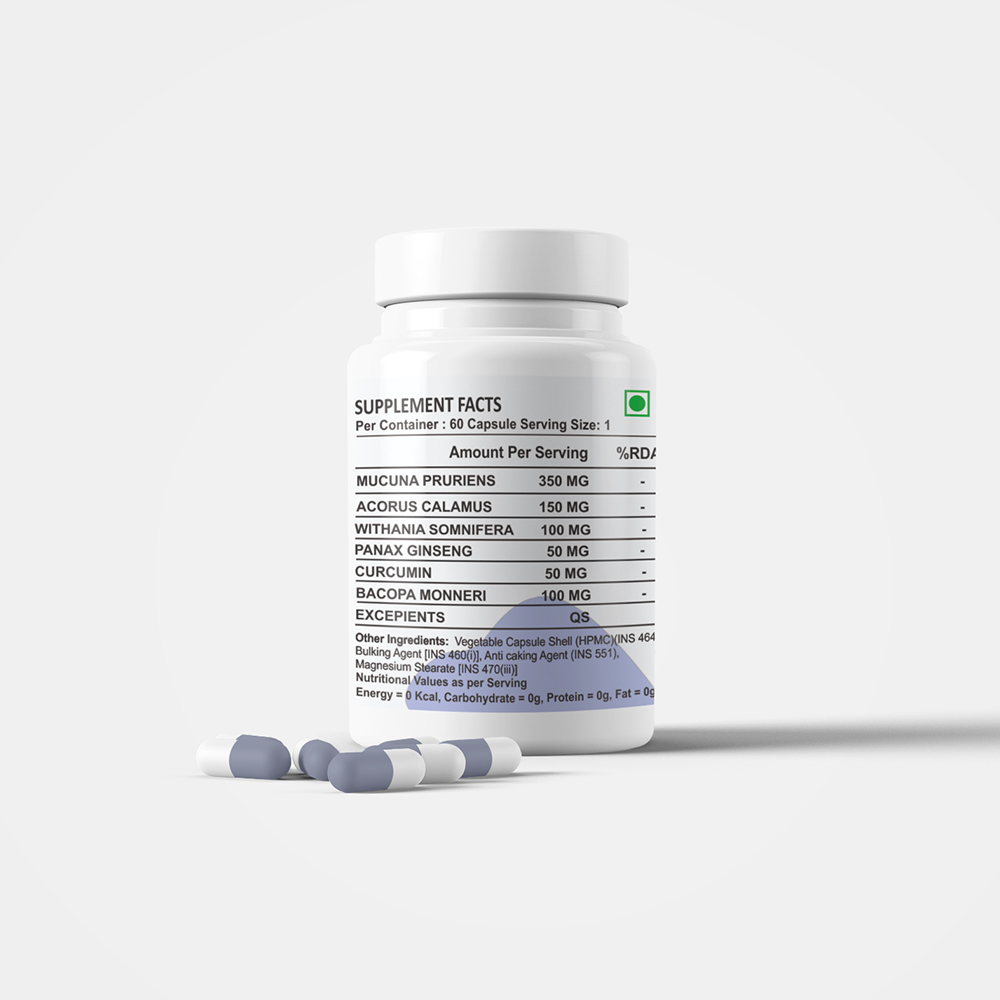
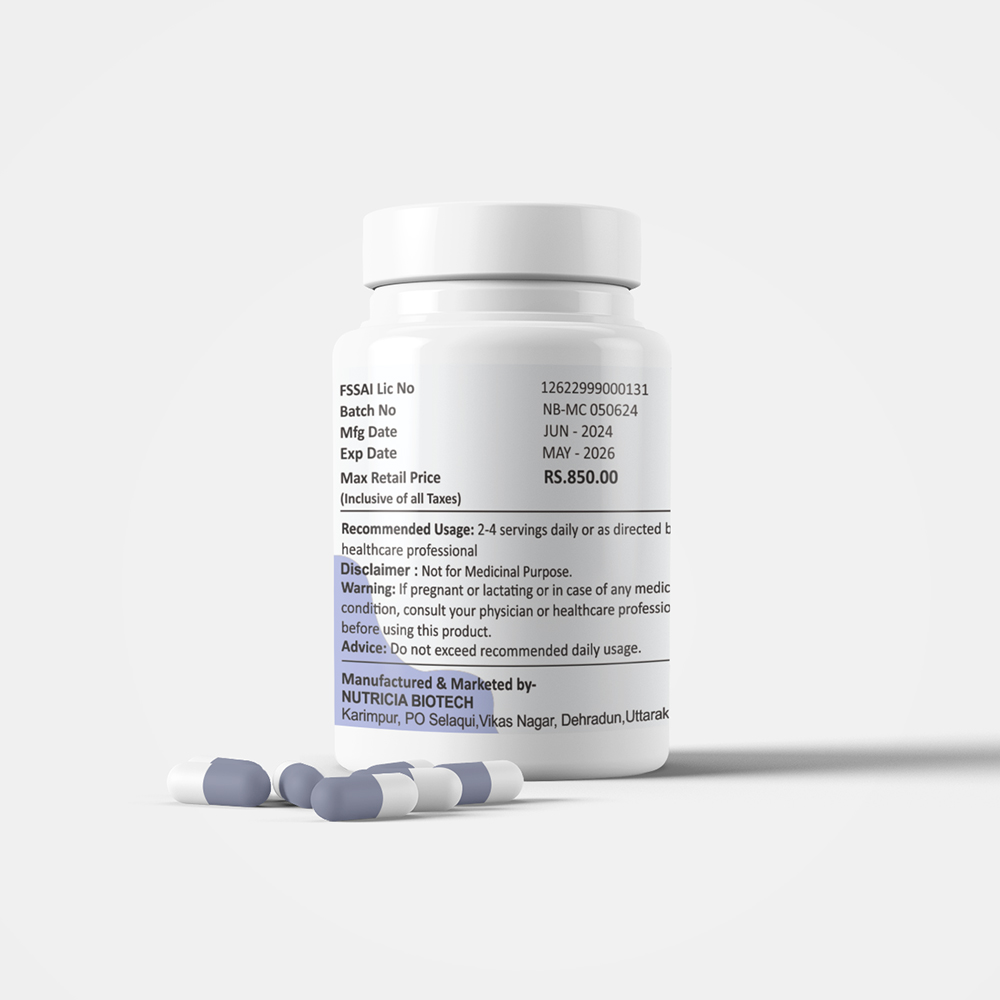
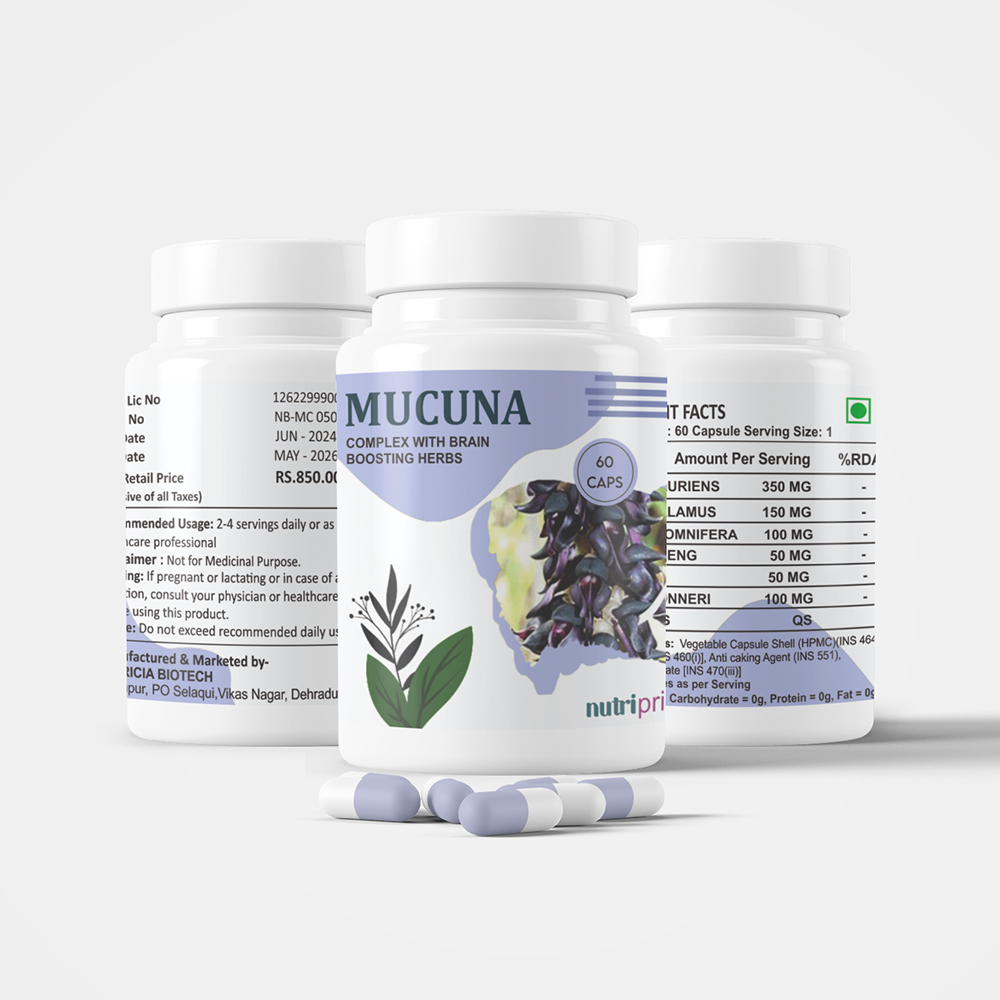
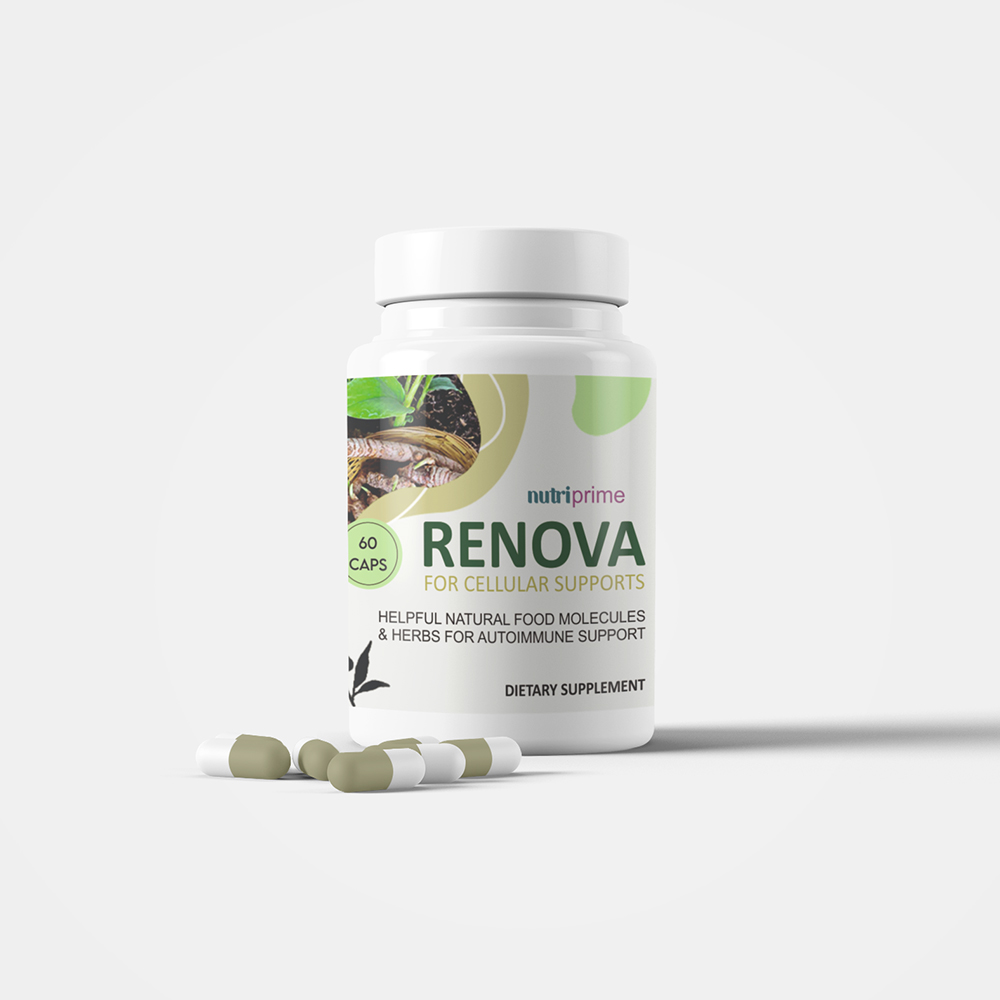
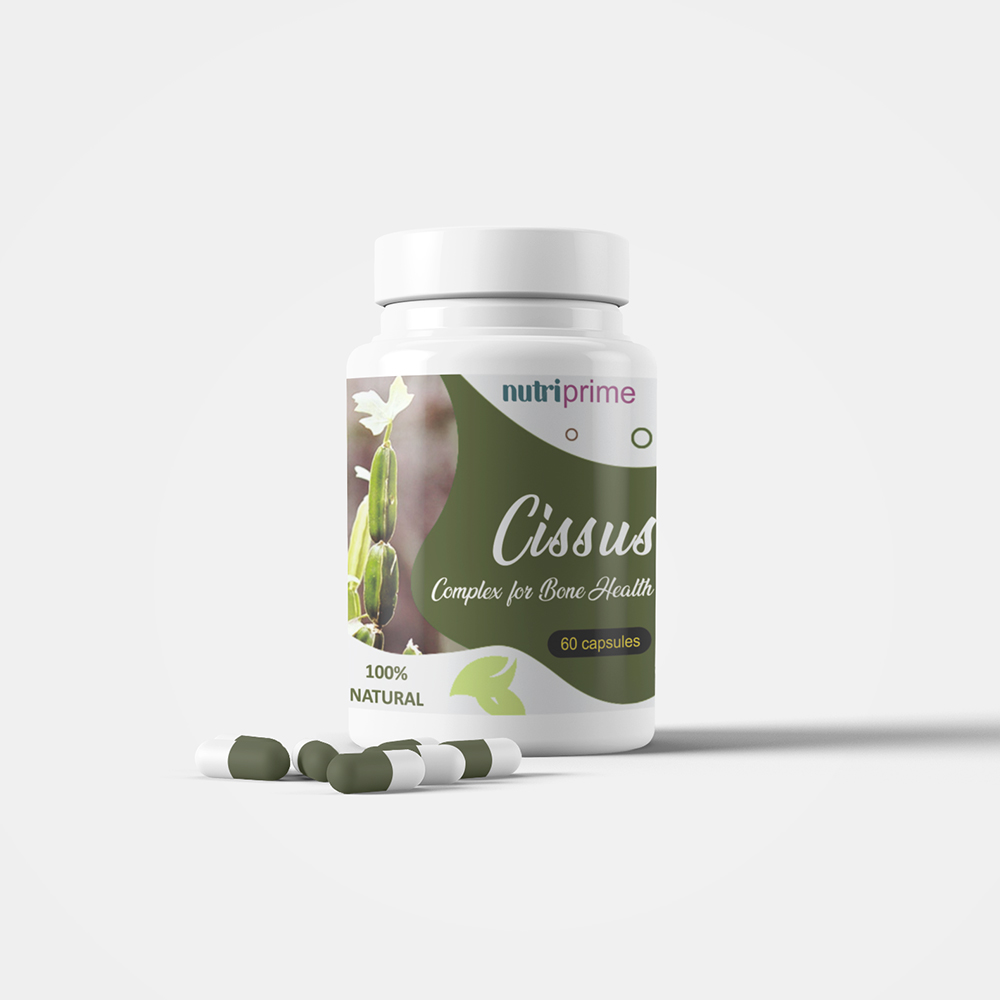
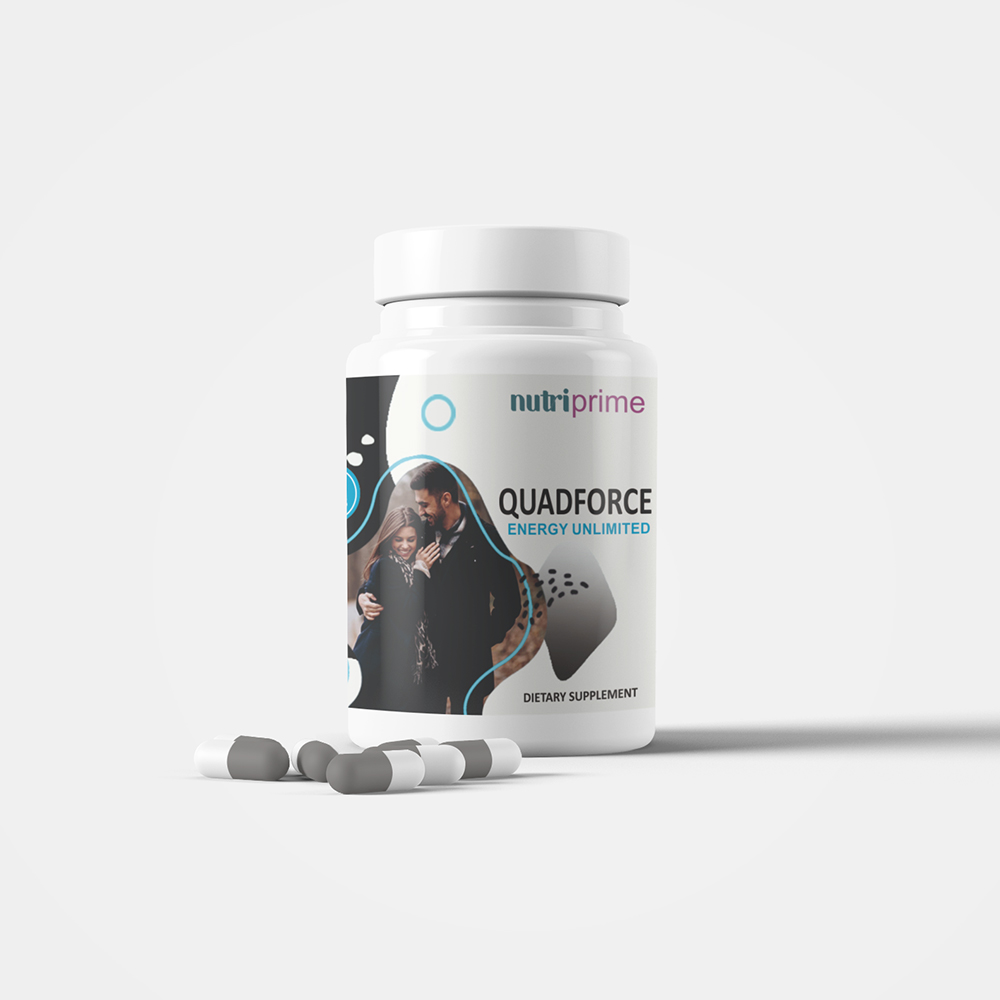
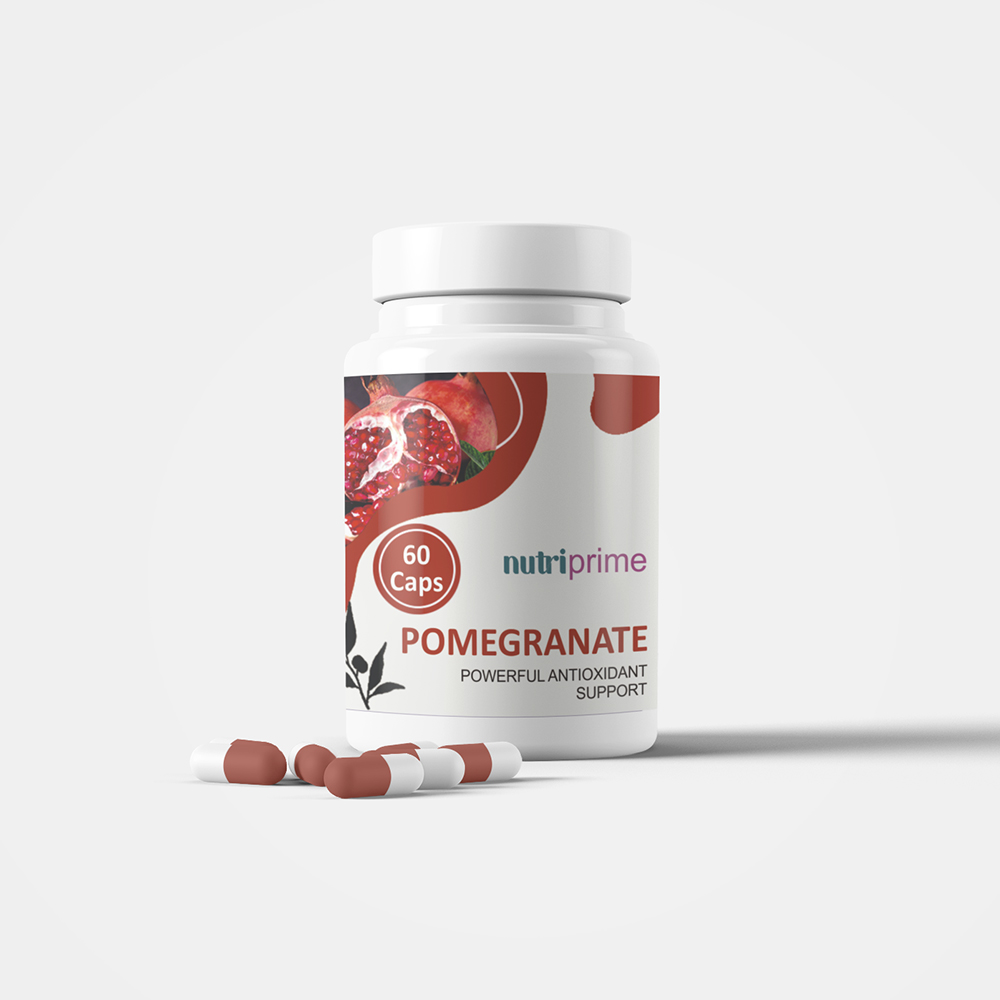
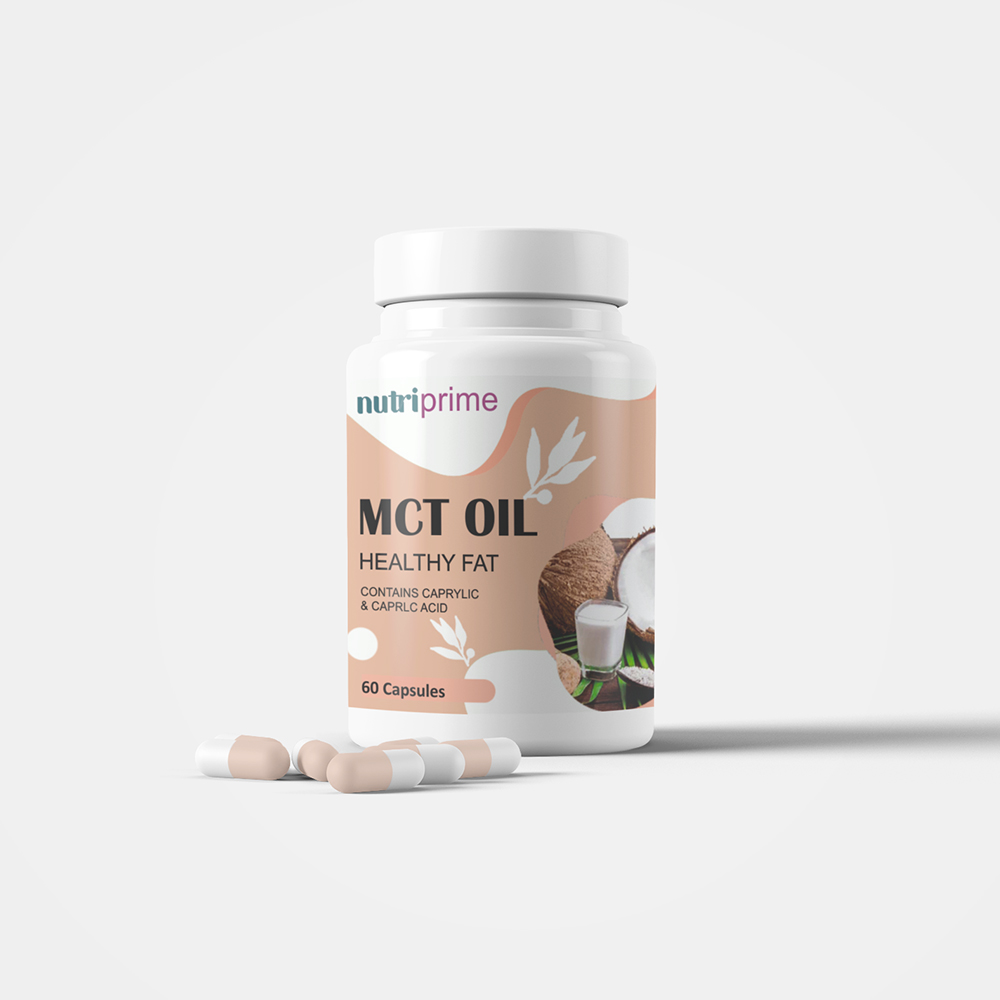
Reviews
There are no reviews yet.